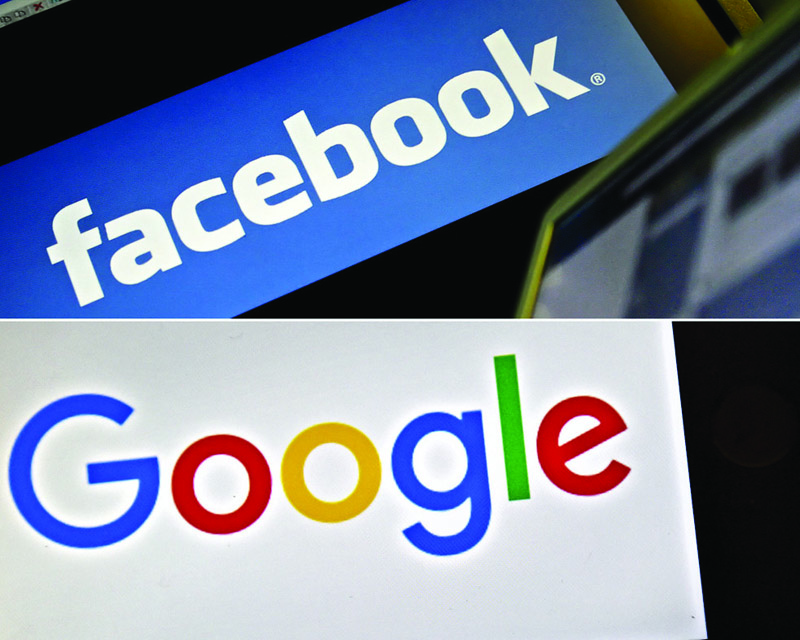SAN FRANCISCO: Facebook exempts certain celebrities, politicians and other high-profile users from some its own rules for posts as part of a program launched as a quality-control mechanism, the Wall Street Journal reported on Monday. The program, referred to as "cross check" or "XCheck," shields millions of elite users from rules that Facebook claims to apply equally at the social network, according to a report citing internal documents.
Facebook spokesman Andy Stone in a series of tweets defended the program, but noted the social media giant is aware its enforcement of rules is "not perfect". "There aren't two systems of justice; it's an attempted safeguard against mistakes," Stone tweeted in response to the Journal report. "We know our enforcement is not perfect and there are tradeoffs between speed and accuracy."
The article cites examples of posts from high-profile people, including one from soccer star Neymar showing nude images of a woman who accused him of rape and that Facebook subsequently removed. A double-standard regarding content moderation would defy assurances Facebook gave to an independent board set up as a final arbiter of disputes regarding what is allowed to be posted at the leading social network.
"The Oversight Board has expressed on multiple occasions its concern about the lack of transparency in Facebook's content moderation processes, especially relating to the company's inconsistent management of high-profile accounts," board spokesman John Taylor said in response to an AFP inquiry. The Journal article reports that some users are "white-listed," given protection from enforcement actions, while in other cases reviews of potentially problematic content simply fail to take place.
"White-listed" accounts have shared claims that Hillary Clinton had covered up "pedophile rings," and that then-President Donald Trump had called all refugees seeking asylum "animals," according to the Journal. XCheck grew to include at least 5.8 million users in 2020, the report indicated. Facebook said in a post about cross-checking three years ago that it does not protect the profile, page or content from being removed but "is simply done to make sure our decision is correct."
Facebook, Twitter fined
In another development, Russia fined Facebook and Twitter yesterday for not deleting banned content, adding to a slew of penalties the government has already imposed on foreign tech giants. Russia has been tightening controls over US-based tech companies and last week accused them of interfering in parliamentary polls due later this month.
A court in Moscow slapped Facebook with five fines on Tuesday totalling 21 million rubles ($288,000), according to an official Telegram channel. The same court fined Twitter five million rubles. Facebook has so far been fined 90 million rubles in Russia and Twitter 45 million, the state-run TASS news agency reported. Russia often takes legal action against internet platforms for not deleting content it labels illegal, such as pornographic material or posts condoning drugs and suicide.
The judicial authorities have also fined Google citing the same offences and for failing to store the data of Russian users on domestic services. Nearly all Kremlin critics-including allies of jailed opposition leader Alexei Navalny-have been barred from running in parliamentary elections on 17-19 September. Russia's foreign ministry said last week it had summoned the US ambassador in Moscow over US tech giants' "interference" in the polls.
Russian media regulator Roskomnadzor has blocked dozens of websites linked to Navalny, including a site that instructs Russians how to vote out politicians of the ruling United Russia party. The media regulator has also urged Google and Apple to remove an app dedicated to Navalny's "Smart Voting" campaign from their stores. The "Smart Voting" tactic led the increasingly unpopular United Russia party to lose a number of seats in local elections in 2019. - Agencies



